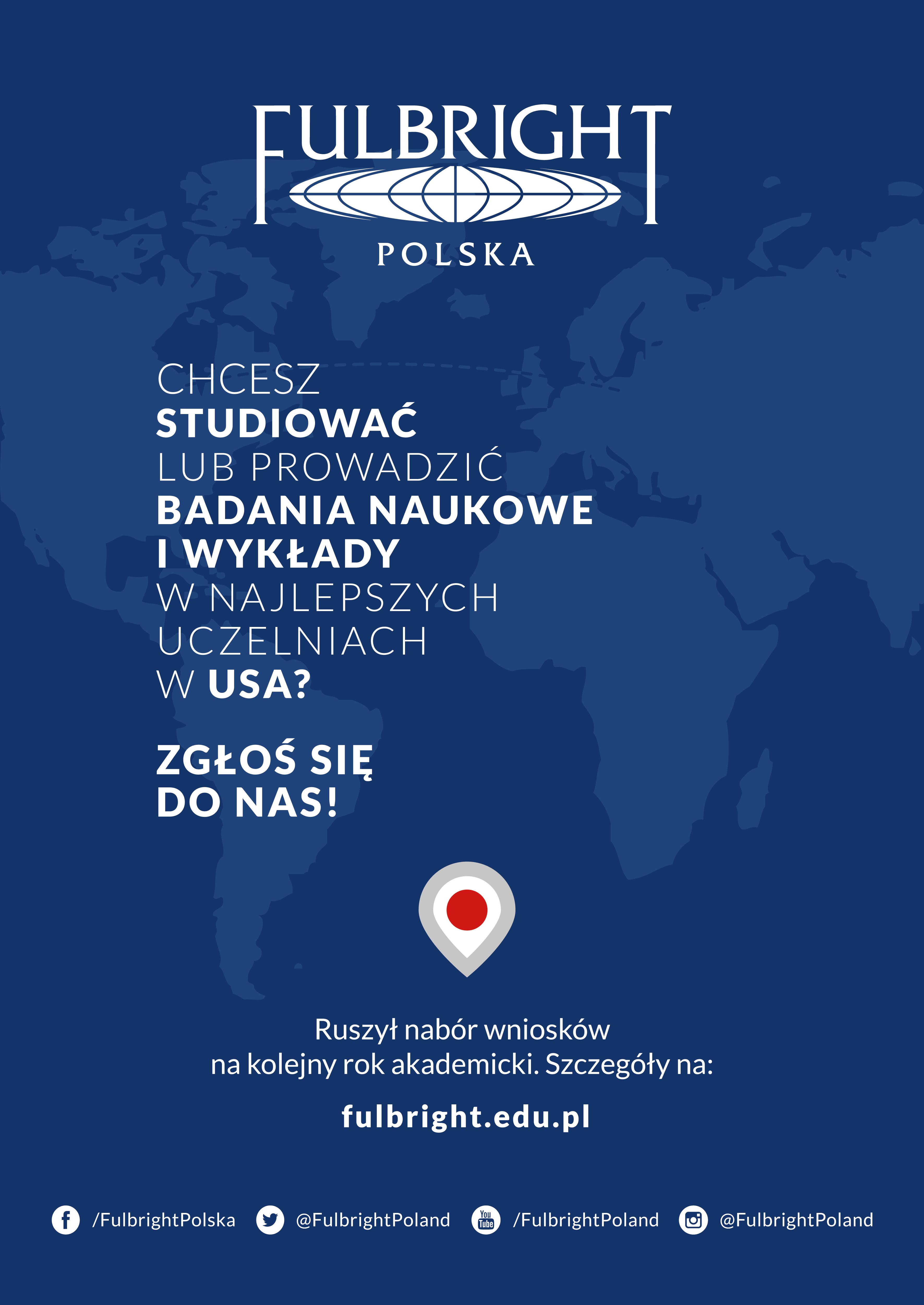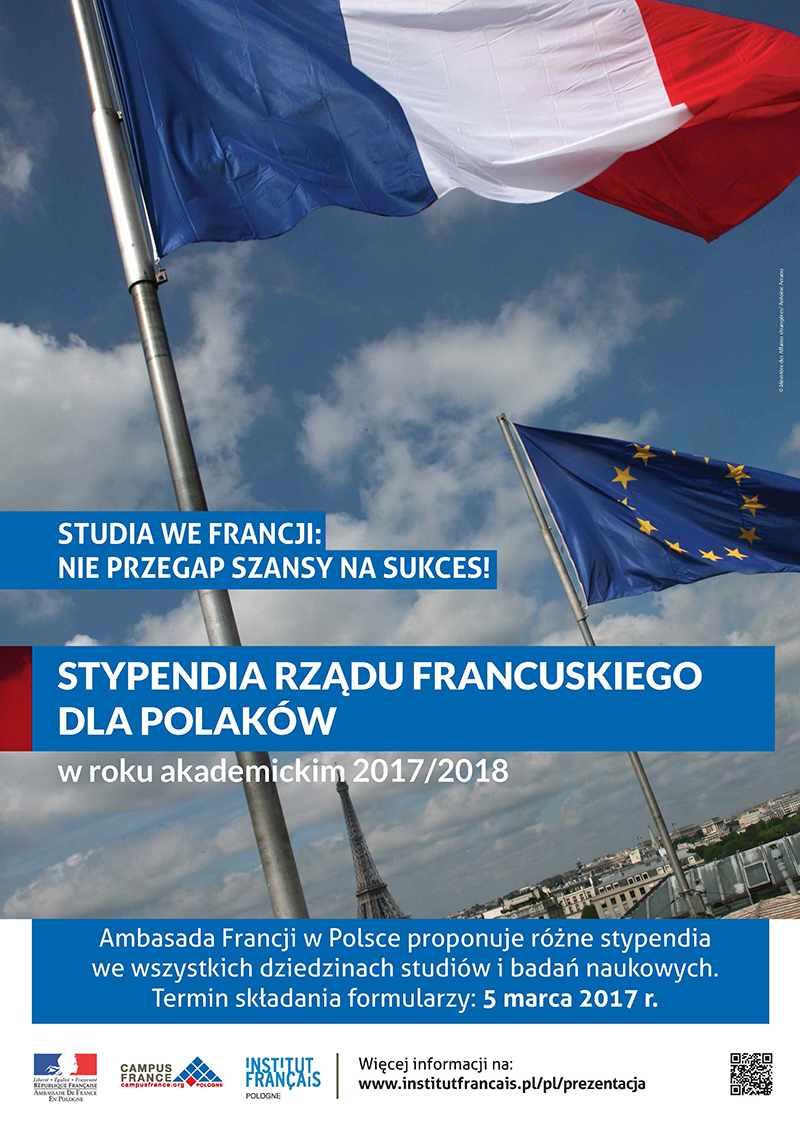Baltic University Programme SAIL for Teachers 2018
The SAIL (Sustainability Applied in International Teaching and Learning) Teachers course 2018 will start on the 4th of July in Gothenburg, Sweden, and end on the 11th of July in Sunderland, England. We will be sailing on the Polish sail training vessel Fryderyk Chopin (http://www.fryderykchopin.pl/en/the-ship,t4/).
About the course
The SAIL for Teachers is an annual Baltic University Programme course organized by the BUP Centre for Finland at Åbo Akademi University and the Baltic University Programme secretariat at Uppsala University, conducted on-board a Tall Ship (Fryderyk Chopin, http://www.fryderykchopin.pl/en/). The aim of the course is to gather teachers within the Baltic University Programme network, but we also invite Teachers from other institutions in case of available places, that are active and interested in sustainable development. The course is based on all participating teachers’ competencies and experiences — we count on your active influence on the content of the course programme and discussions on-board.
There are 30 places available on the course. Teachers from different countries, cultures, universities, and disciplines will meet and exchange knowledge, share experiences, learn and teach, develop their competencies, work together, sail the ship, and experience their life’s adventure. We will sail far from stress, internet, and telephone connection. This environment cannot fail to inspire and empower!
University teachers with a strong background within the field of sustainable development (see topics below) will be prioritized. We also accept PhD students in order to give them an opportunity to develop their pedagogical skills and learn from more experienced colleagues.
From the evaluation from previous Teachers¹ SAIL course: — An excellent idea of sharing experience, different points of view, interpretations by teachers of different backgrounds, from different countries, different age. The sea changed the perspective totally and made this meeting really unforgettable. It was unique, unusual, fantastic time and an opportunity for personal development. It never happens during traditional conferences or meetings on land.
Active teacher participation
Each participating teacher will be required to submit an abstract to one of the sessions listed below, and participate in on-board group work, oral presentations, and discussions. Further, we will invite one teacher per session to give an invited talk. All other presentations in the sessions will be prepared on-board in group work based on the teachers’ expertise and submitted abstract. All teachers should bring necessary materials for on-board presentations including key references to facilitate group work. As soon as we have the final list of participants, we will announce speakers and organization of working groups. During the course, the teachers will be able to exchange up-to-date knowledge on sustainability issues in the Baltic Sea region and work in teams with teachers from other countries in an international setting. It is expected that the teachers will get a better understanding of the problems and possibilities for a sustainable development.
Sessions
- The Baltic Sea Region: Cultures, Politics, Economics, Societies
- Ecosystem Health & Sustainable Agriculture
- Sustainable production and consumption
- Climate change
- Environmental management
- Environmental science
- Sustainable energy
- Learning for a sustainable future
- Urban development
- Sustainable economy
Who can apply?
We are looking for active, open minded, and motivated teachers who are interested in trying something new — combining a wonderful adventure with an unconventional teaching and learning experience. The course is primarily aimed for teachers/researchers within the Baltic University Programme network, but applicants from elsewhere are also welcome. Teachers from the BUP´s members’ universities will, however, be given priority. English is the spoken language on-board and fluent English is required.
Important: Life on-board a Tall Ship
On-board the sailing vessel all teachers will act as a working crew. You will be divided into one of three watches that will be assigned 4 hours rotating duties (navigation, deck, and kitchen) — around-the clock! Please keep in mind that in spite of the weather conditions, and in spite of your condition, you should participate in your watch duties. You should also be aware that sailing a Tall ship means pulling lines, climbing masts to set and haul sails in the old-day fashion. Teachers are expected to work together in the watches to fulfil their sailing duties, which in our experience is an excellent tool for team building and to create a dynamic learning environment. Moreover, as crew member you must also do other duties on-board, in addition to your sailing and teaching duties. This includes cleaning, cooking meals, washing dishes, and maintenance work. The course will be a physical and social challenge and will hopefully develop a strong feeling of cooperation, trust, and friendship. In addition, it will be a practical and intensive way of learning intercultural communication, the marine environment, and of course sustainable development. Practice of teaching and communicating in English is an added value. A note for persons sensitive to sea-sickness; the heaving motion of a Tall ship usually leads to an initial unpleasant physical experience.
Costs
The course is free of charge for teachers coming from the BUP’s Members’ universities – their costs of accommodation and food will be covered by the BUP Centre for Finland at Åbo Akademi University.
A course fee of 700 Euro per person applies for all other teachers. All teachers must however cover all travel costs themselves. Please see the updated list of BUP’s Members’ Universities on the BUP web site (http://www.balticuniv.uu.se/about-us/member-universities/). Teachers are encouraged to investigate the possibility at their own universities to get ERASMUS staff European exchange funding to cover their participation and travel costs.
Applications
Please fill in and submit the Application Form and the Health Statement (enclosed). Please save all documents with your name. The application should include a CV (max 2 pages) and a personal letter (max 2 pages). Apart from your research and teaching experiences, also describe your other interests, such as subjects you love/like/teach, your dreams concerning your professional development, etc. In addition, please give a short description of how you envisage that you can contribute to the SAIL course on-board. We appreciate your comments/ideas on session sub-topics/activities, teaching/presentation methods, extra activities on board in connection to the course, and any other relevant information.
Please notice that the previous sailing experience is not necessary and will not give you any priority for the course. Participants will be selected based on their competence and strong background within the field of sustainable development (http://www.un.org/sustainabledevelopment/sustainable-development-goals/).
Applications should be sent to the BUP Secretariat/Maria Hejna (maria.hejna@scduppsala.uu.se) no later than April 3, 2017.
Download:
SAILApplicationTeachers
HealthStatementSAIL

















